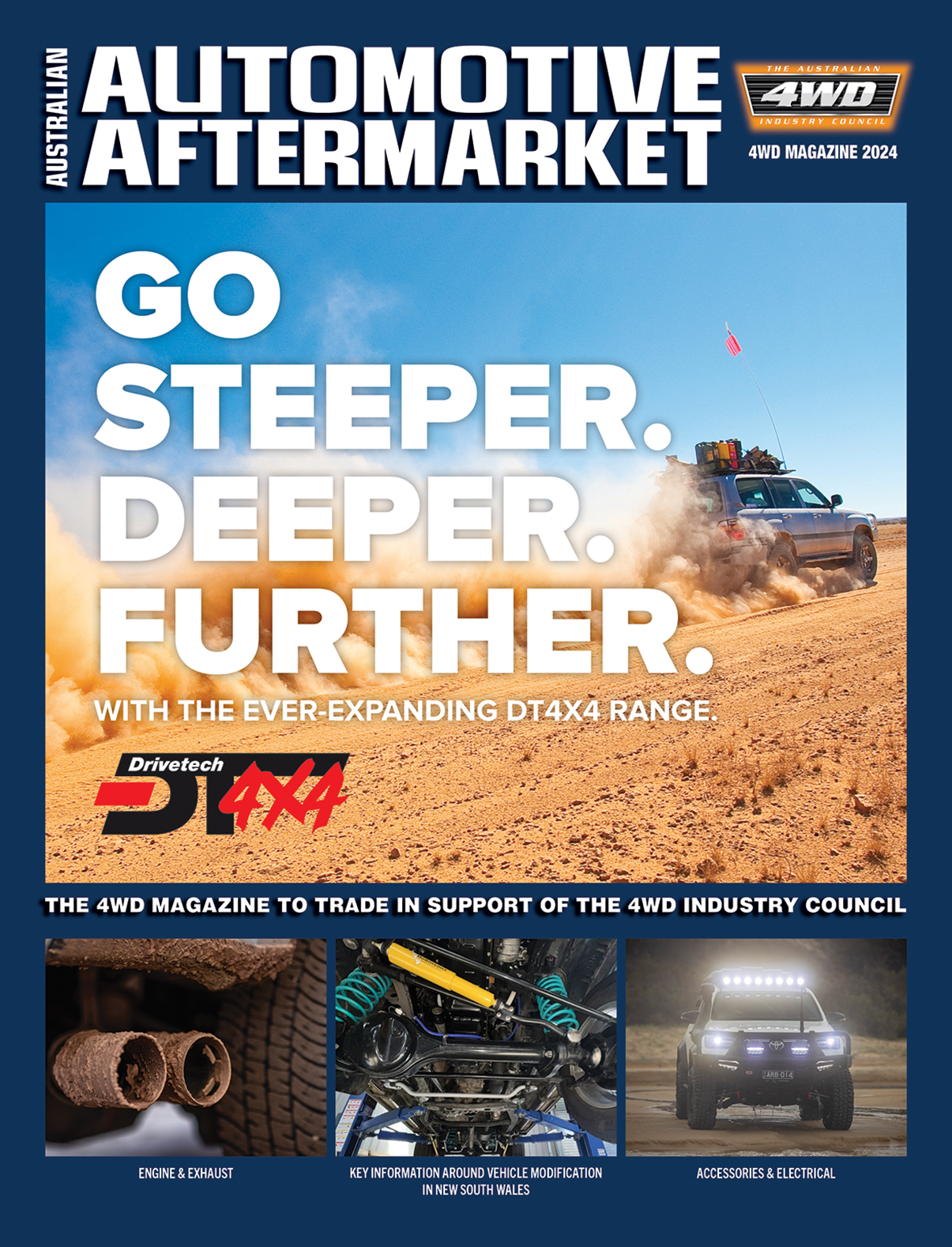DPF REPLACEMENT OR DEEPER ISSUE?
SWD says you should ask the following questions to save time and build trust

The Diesel Particulate Filter (DPF) is a Filter mounted in the exhaust of diesel vehicles, designed to reduce the particulate emissions between 85 percent and 99 percent.
DPFs are high-cost items that customers don’t want to fork out for unnecessarily, so questions need to be asked before deciding a replacement is needed.
It is very possible that the DPF doesn’t need to be replaced, and the customer may just need to fix an underlying issue and perform a forced DPF regeneration. However, the DPF may be too damaged or blocked to be able to regenerate to correct working order.
The following questions are designed to ensure a DPF is only replaced when necessary, and that all factors involved in the cause of failure have been taken into consideration and can be resolved before a new DPF is fitted.
SWD says this will help to minimise any possible warranty claims as an expense to both the technician and their customer as well as build trusting relationships.
Questions the technician needs to ask:
• Why is the customer replacing the DPF?
• What is the cause of failure to the current DPF on the vehicle?
• Are there any underlying issues with the vehicle that may have caused the DPF to block?
• How many kilometers does the vehicle have on it (odometer reading)?
• Has the DPF reached its maximum soot level capacity (usually due to age or high kms)?
• Has the customer carried out a manual DPF regeneration?
• Has the vehicle gone into “limp mode”?
• Has the vehicle had a scan tool connected to check for any fault codes?
• Has the vehicle had a Diesel tune or ECU Remap?
Common issues that can cause a DPF to block:
• Split intercooler hoses – will cause over boost or over fueling.
• Leaky intercooler – will cause over boost or over fueling.
• DPF pressure sensors – will cause DPF to block (regen can’t occur).
• Glow Plugs – will cause DPF to block (regen can’t occur).
• Split DPF pressure pipes – will cause DPF to block.
• Leaky injectors – will cause over fueling.
• Fuel pressure – can cause over fueling.
• Tune or Ecu Remap – can cause over fueling.
• Engine Wear – can cause engine oil and contaminates to reach the DPF.
• Turbo Vane actuator issues – can cause over fueling or under boosting.
• EGR blockages – will cause an increased number of engine particulates.
For replacement parts including DPFs, CATs, universal mufflers and more, visit trade.swd.com.au









